Restoring Latin America's Landscapes
ABOUT INITIATIVE 20X20
Initiative 20x20 is a country-led effort seeking to change the dynamics of land degradation in Latin America and the Caribbean by beginning to protect and restore 50 million hectares of forests, farms, pasture, and other landscapes by 2030. The initiative—launched formally at COP 20 in Lima in 2014—supports the Bonn Challenge and the New York Declaration on Forests, global commitments to bring 350 million hectares of the world’s deforested and degraded land into restoration by 2030.
So far, 18 Latin American and Caribbean countries and three regional programs have committed to improve more than 52 million hectares of land (or about 124 million acres, an area roughly the size of Paraguay and Nicaragua combined) through Initiative 20x20.
The initiative is supported by more than 85 technical organizations and institutions and a coalition of impact investors and funds deploying US$2.5 billion in private investment.
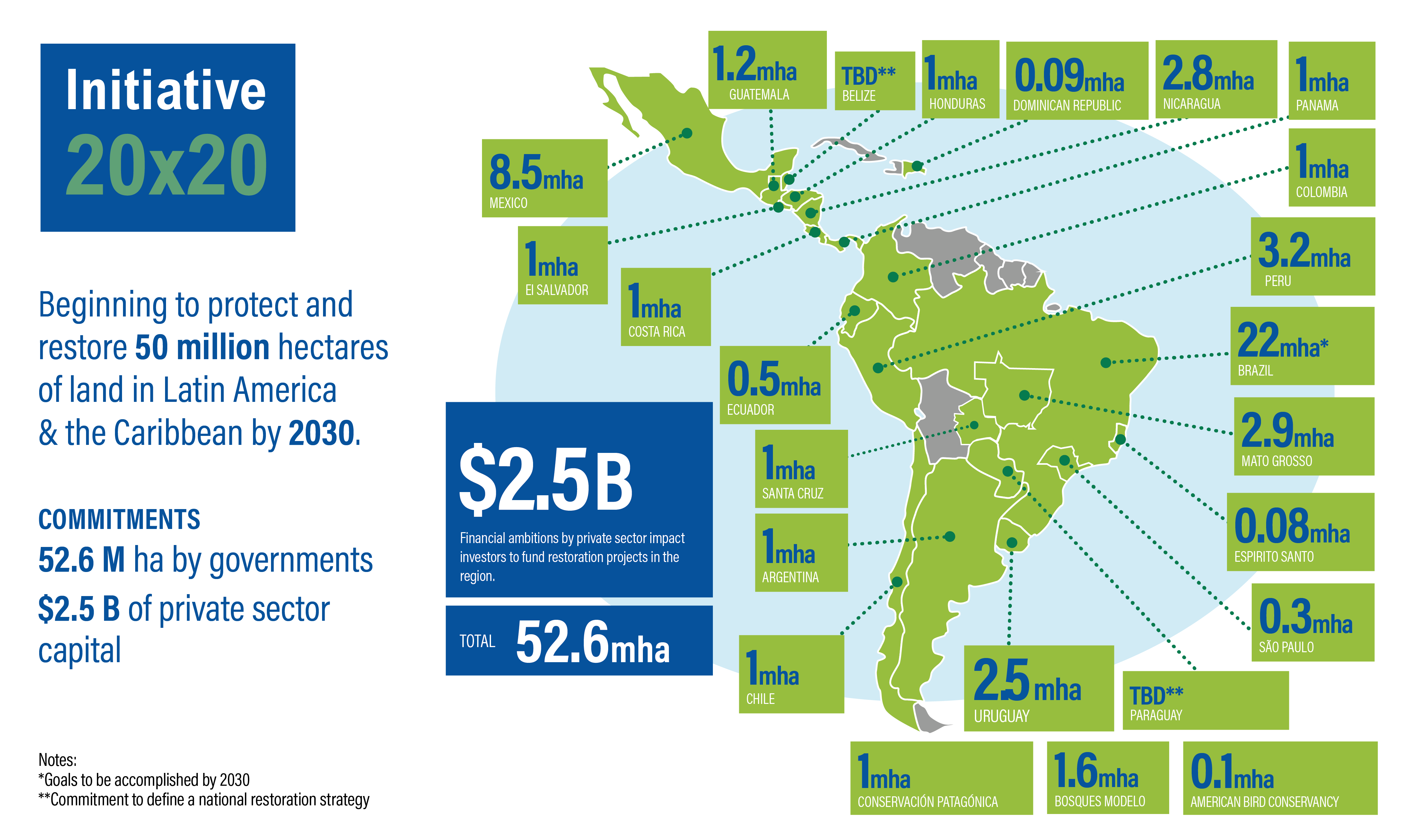
THE CASE FOR CONSERVATION AND RESTORATION IN LATIN AMERICA
An estimated 40% of Latin America’s climate-warming greenhouse emissions comes from land use, land use change, and forestry. When people cut down forests and damage ecosystems, the climate, biodiversity, and local people suffer.
Already, more than 40% of forests in Latin America and the Caribbean have been completely deforested or degraded. The region contains some of the most ecologically valuable forest ecosystems in the world, but 20% of forest lands (nearly 350 million ha) have been completely deforested and a further 20% (300 million ha) badly degraded. Large-scale and small-scale agriculture, infrastructure, and mining are the primary drivers of this change – and source of carbon emissions.
Why should people invest in restoring all of that land? It presents a special opportunity to shift the region’s landscapes from a carbon source to a carbon sink and to decarbonize the region’s economies. And because Latin America is home to an estimated 50% of the world’s biodiversity, protecting and restoring forests, wetlands, and other landscapes is key to protecting rare flora and fauna.
Initiative 20x20 partners are embracing that vision of a restored future by leading programs centered on six key techniques. In forests, reforestation (natural and assisted) and avoiding degradation and deforestation help bring ecological functionality to entire landscapes, protect biodiversity, and store carbon. In agricultural areas, the initiative works to boost crop yields while protecting water sources and soil health through agroforestry (trees on farms), silvopasture (trees on pasture), sustainable grassland management, and other low-carbon farming techniques.
More than 60 examples of Initiative 20x20 partner projects that embrace these techniques are available on our Restoration Projects page.
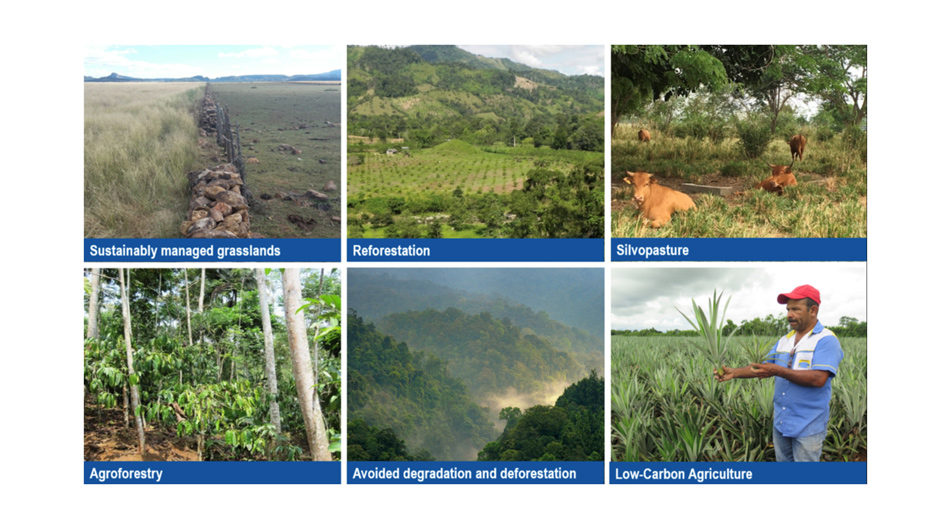
ABOUT THE SECRETARIAT
World Resources Institute (WRI)‘s Global Restoration Initiative is the secretariat of Initiative 20x20. WRI works with governments and international partners to inspire, enable and implement restoration on degraded landscapes, returning them to economic and environmental productivity.
To get in touch with the Secretariat, email Alejandra Laina.
 Alejandra Laina, Director of Initiative 20x20
Alejandra Laina, Director of Initiative 20x20
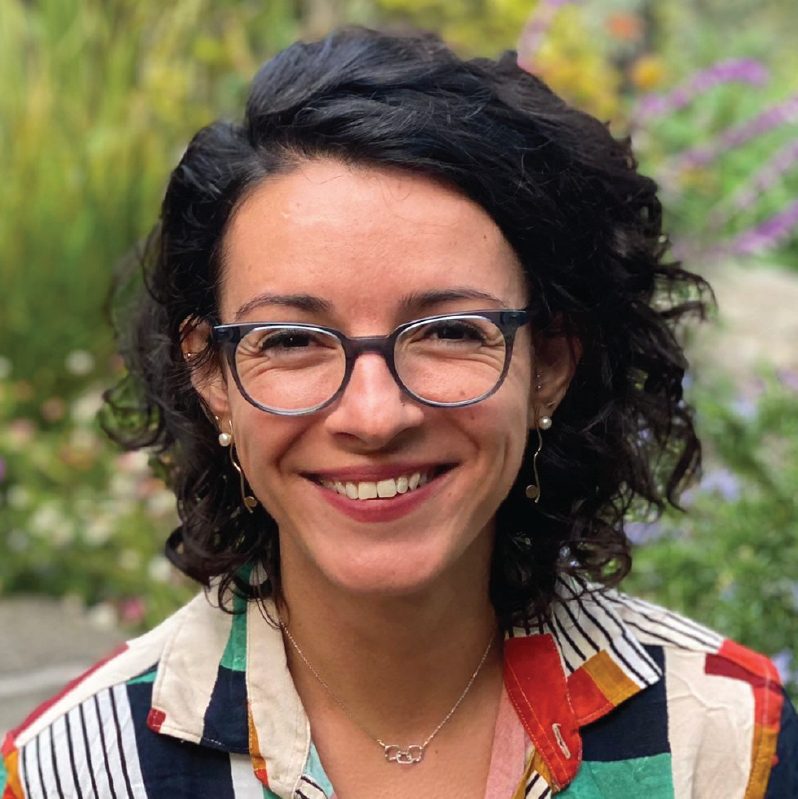 Maggie Gonzalez, Manager, Restoration Enable
Maggie Gonzalez, Manager, Restoration Enable
 Mary Gronkiewicz, Project Manager
Mary Gronkiewicz, Project Manager
 Luciana Gallardo Lomeli, Research Associate, Adaptation for Landscape Restoration
Luciana Gallardo Lomeli, Research Associate, Adaptation for Landscape Restoration
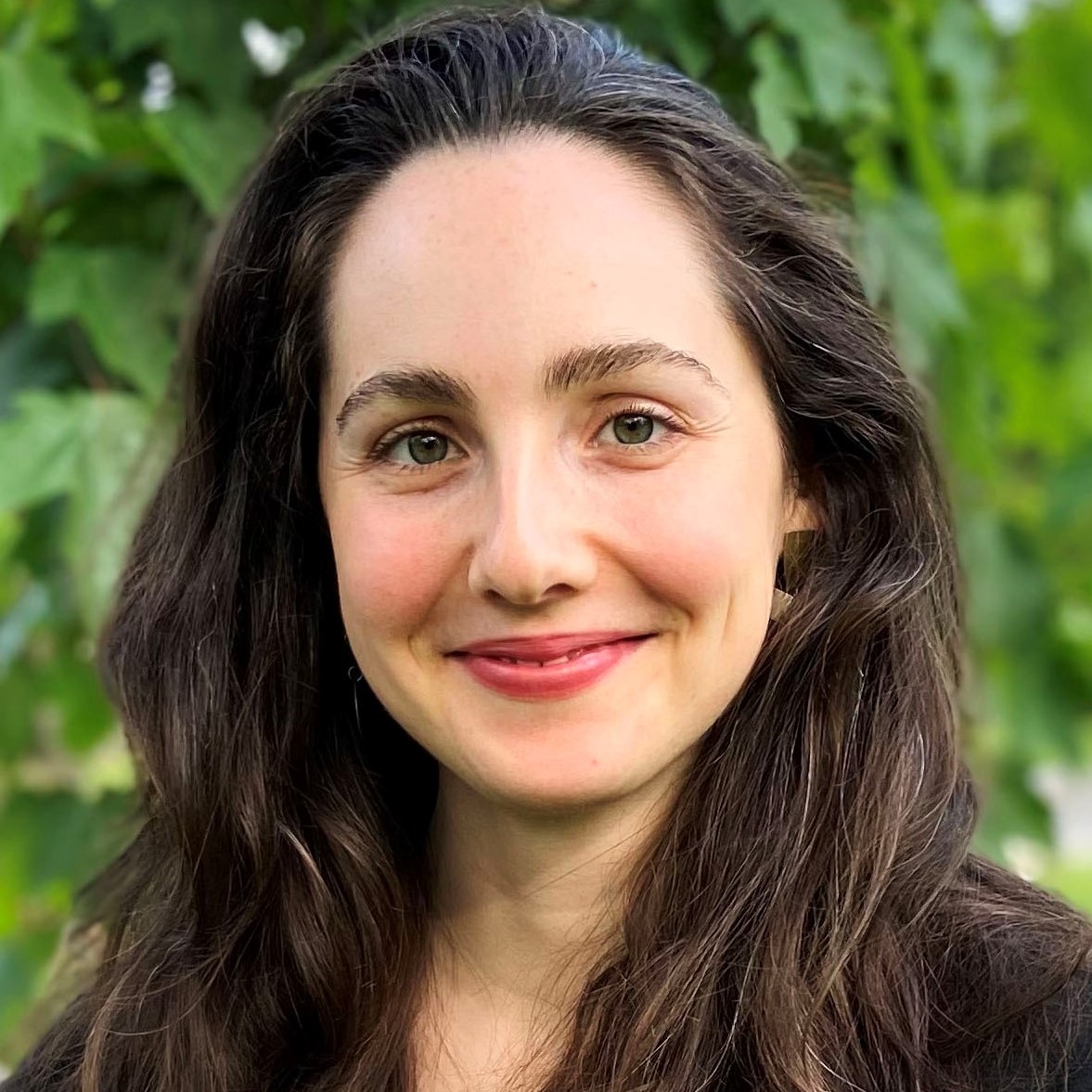 Victoria Rachmaninoff, Research Associate, Strategic Alliances, Monitoring & Biodiversity
Victoria Rachmaninoff, Research Associate, Strategic Alliances, Monitoring & Biodiversity
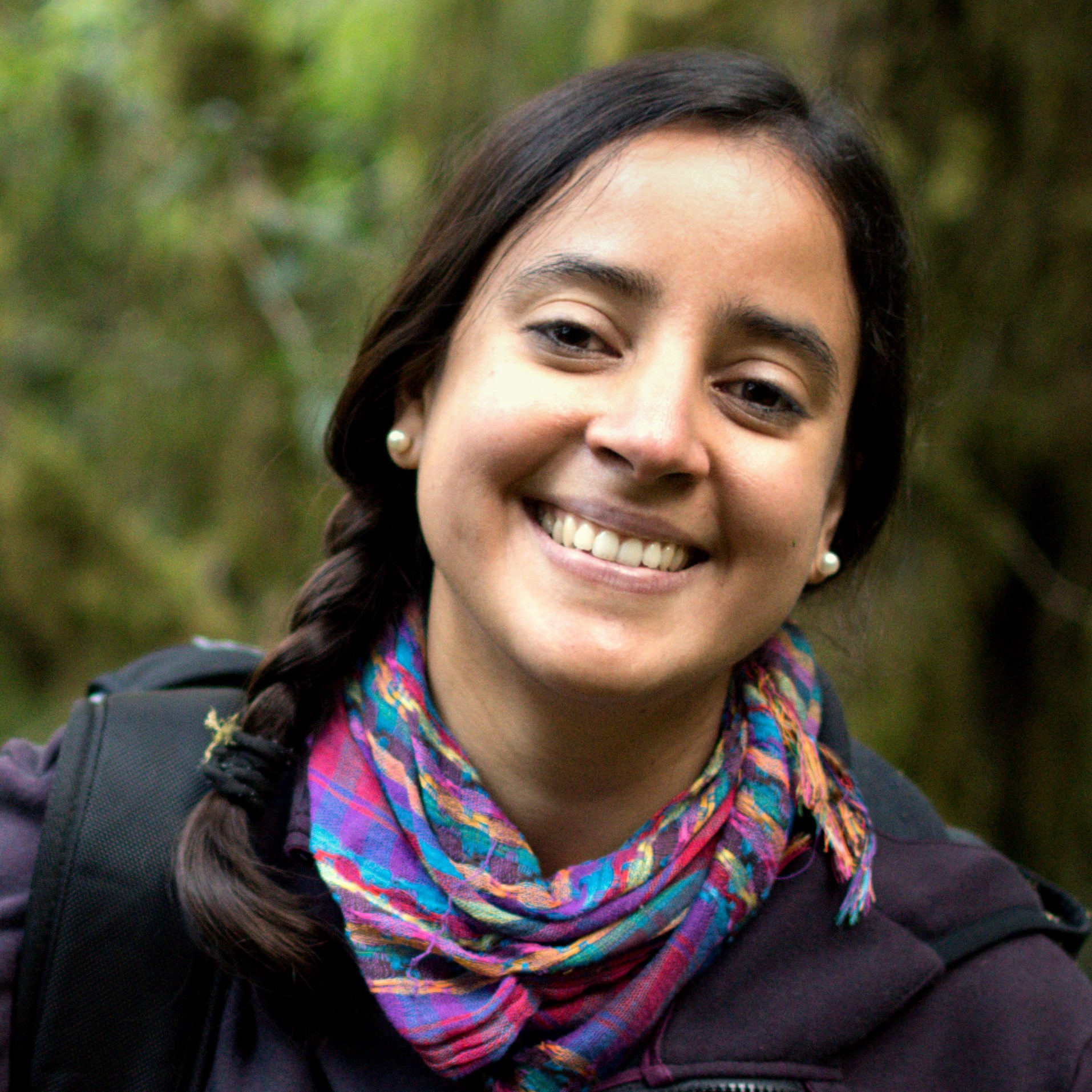 Natalia Ruiz Guevara, Research Analyst, Gender Equity in Restoration
Natalia Ruiz Guevara, Research Analyst, Gender Equity in Restoration
 Diego Gomez, Commmunications Manager
Diego Gomez, Commmunications Manager
 Santiago Chauta, Comms Analyst
Santiago Chauta, Comms Analyst
 Jerin Tan, Comms Project Manager
Jerin Tan, Comms Project Manager
Quotes
“Initiative 20x20 works as a family of partners exchanging dialogue on key restoration questions and related topics.”
Kaspar Wansleben, Managing Director, Forestry and Climate Change Fund
“Our ecoregion constitutes one of the largest carbon sinks on the planet. It is also where a sustainable future is not only possible, but unavoidable.”
Sergio Bergmann, Former Minister of Environment and Sustainable Development, Argentina
“CIAT has understood for a long time the pivotal linkage between agriculture and climate change. We are committed to support Initiative 20x20 as a cost effective approach to reduce GHG emissions while promoting improved soil quality, nutrient retention and agricultural yields.”
Ruben Echevarria, Former Director General, CIAT
“Initiative 20x20 can be an important contribution to the global restoration goals outlined under the Bonn Challenge and the New York Declaration on Forests.”
Grethel Aguilar, IUCN Coordinator in Central America
“Althelia is deploying capital in support of a portfolio of projects in the region to improve agricultural practices, restore degraded lands, and reduce pressure on natural ecosystems, with concrete results in emissions reductions, zero-net deforestation commodities, biodiversity, and livelihoods."
Christian del Valle, Former CEO, Althelia Climate
Main activities of Initiative 20X20
Support national commitments to restoration by engaging in a robust dialogue with ministries of environment and agriculture;
Analyze the economic, ecological, and social barriers to large-scale ecosystem restoration and protection and identify solutions to those challenges;
Promote private and public sector investment in restoration projects and entrepreneurs.
Key Facts
An estimated 58% of greenhouse gas emissions in Latin America and the Caribbean come from forestry, land-use change, and agriculture.
Latin America lost 5.8 million hectares of tree cover in 2020, an area of land larger than Costa Rica, according to Global Forest Watch.
Latin America and the Caribbean contain about 50% of the world's biodiversity.
In Latin America, every hectare restored can bring $1,140 in added revenue to local economies.
Land restoration can increase food productivity and security for an estimated 49 million under-nourished people in Latin America and the Caribbean.


